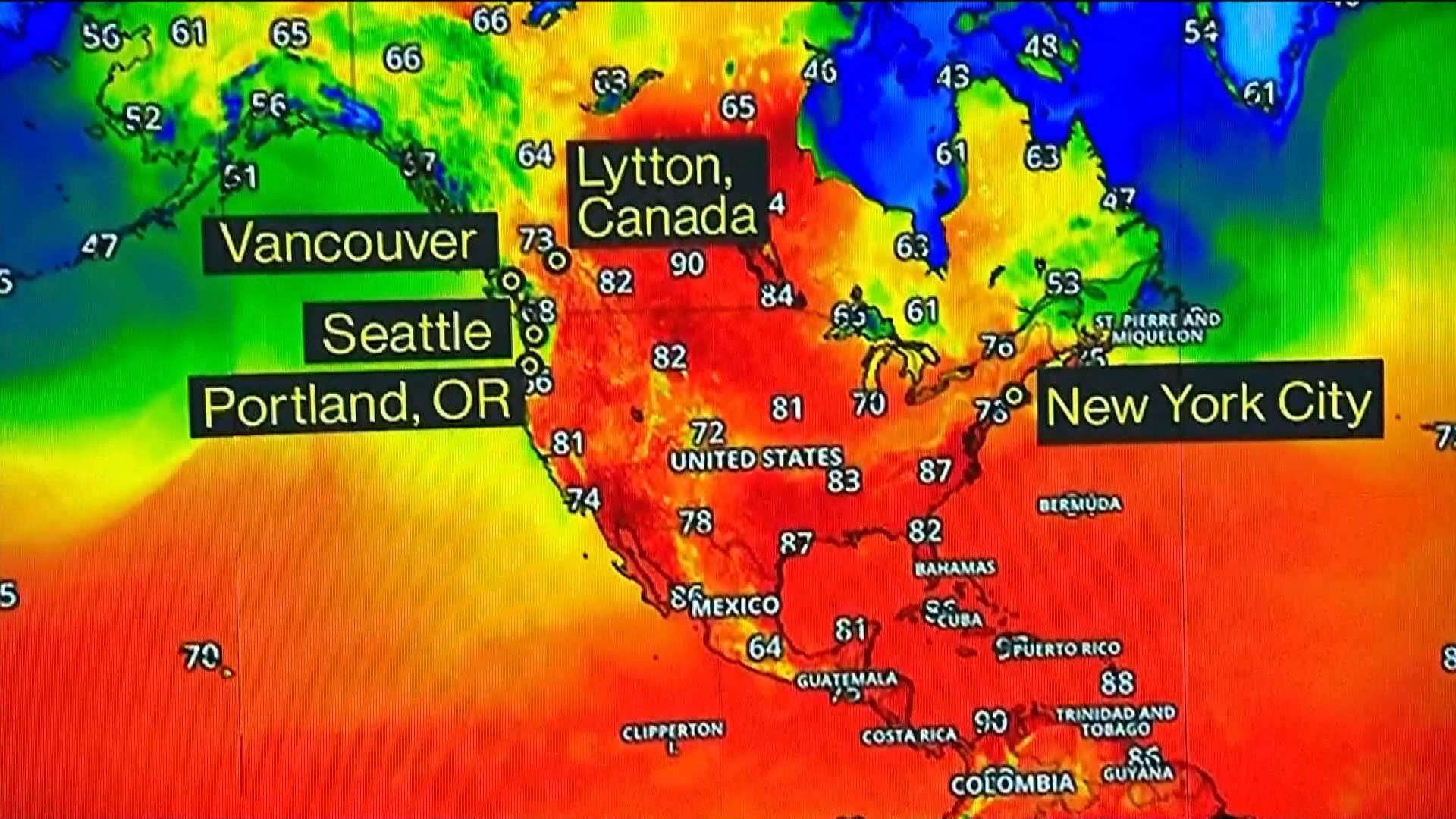A groundbreaking study published in the journal ‘Nature Climate Change’ has revealed that climate change is leading to more frequent and severe heatwaves across the globe. Researchers from the University of California, Berkeley, and the National Oceanic and Atmospheric Administration (NOAA) analyzed historical temperature data and climate models to assess the impact of rising global temperatures on heatwave occurrences. Their findings indicate a marked increase in both the intensity and duration of heatwaves since the mid-20th century, with projections suggesting that this trend will continue if greenhouse gas emissions are not curtailed.
Heatwaves, defined as prolonged periods of excessively hot weather, often accompanied by high humidity, have become a significant concern for public health officials. The World Health Organization (WHO) has reported that extreme heat can lead to heat-related illnesses and deaths, particularly among vulnerable populations such as the elderly, children, and those with pre-existing health conditions. In 2022 alone, heatwaves in Europe resulted in thousands of excess deaths, highlighting the urgent need for effective public health strategies to combat this growing threat.
The study’s lead author, Dr. Sarah Johnson, emphasized the importance of understanding the connection between climate change and heatwaves. “Our research clearly shows that as the planet warms, we can expect more frequent and severe heatwaves. This has serious implications for human health, agriculture, and natural ecosystems. We must take immediate action to mitigate climate change and adapt to its impacts,” she stated during a press briefing.
Agriculture is another sector that is feeling the effects of rising temperatures. Crop yields are increasingly threatened by heat stress, which can reduce productivity and lead to food shortages. According to the Food and Agriculture Organization (FAO), heatwaves can cause significant losses in major crops such as wheat and corn, further exacerbating food insecurity in vulnerable regions.
Ecosystems are also under threat, as many plant and animal species struggle to adapt to rapidly changing conditions. A report from the Intergovernmental Panel on Climate Change (IPCC) indicates that heatwaves can disrupt migration patterns, breeding cycles, and habitat availability for various species, leading to declines in biodiversity.
The study’s authors call for urgent policy changes to address climate change, including a transition to renewable energy sources, improved energy efficiency, and stronger regulations on emissions. They also advocate for increased funding for research into heatwave resilience strategies, including urban planning that incorporates green spaces and cooling centers to protect communities during extreme heat events.
As the world grapples with the realities of climate change, it is clear that heatwaves will become an increasingly common challenge. The findings of this study serve as a wake-up call for governments, businesses, and individuals to take action to mitigate the impacts of climate change and protect public health and the environment for future generations.



